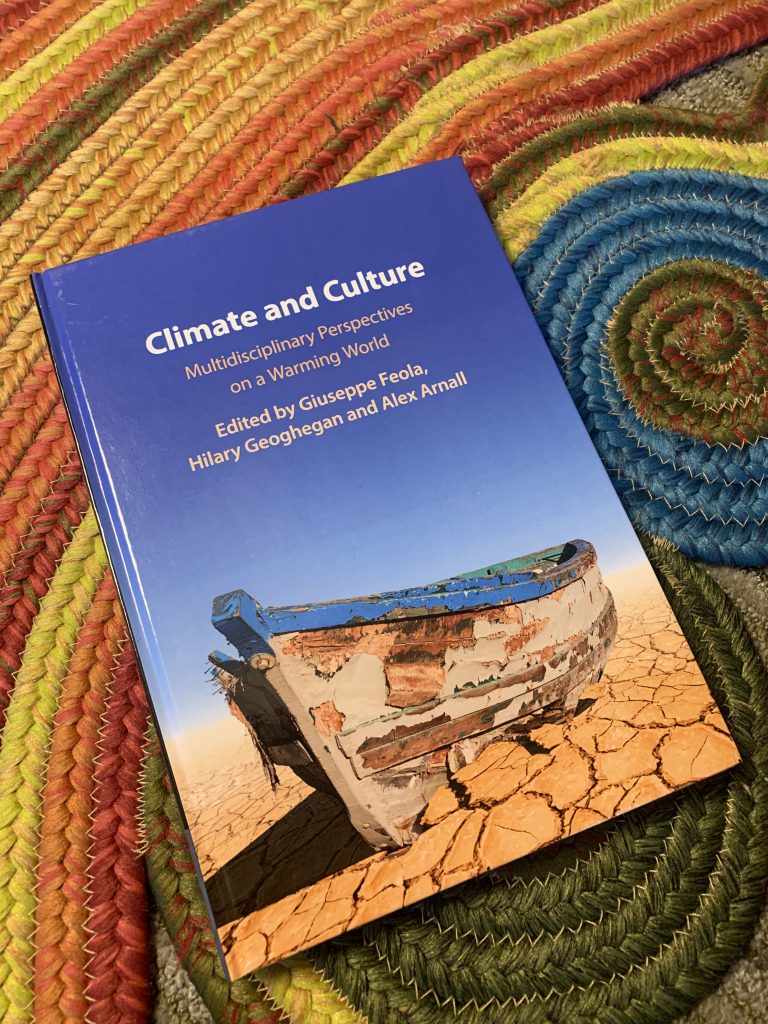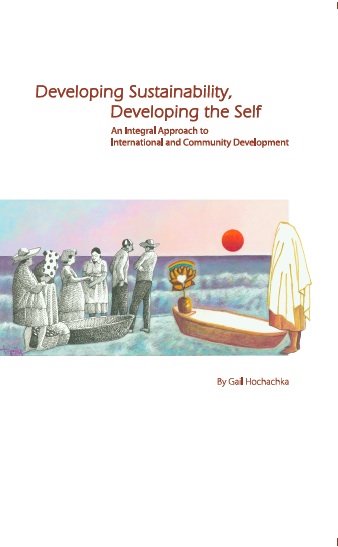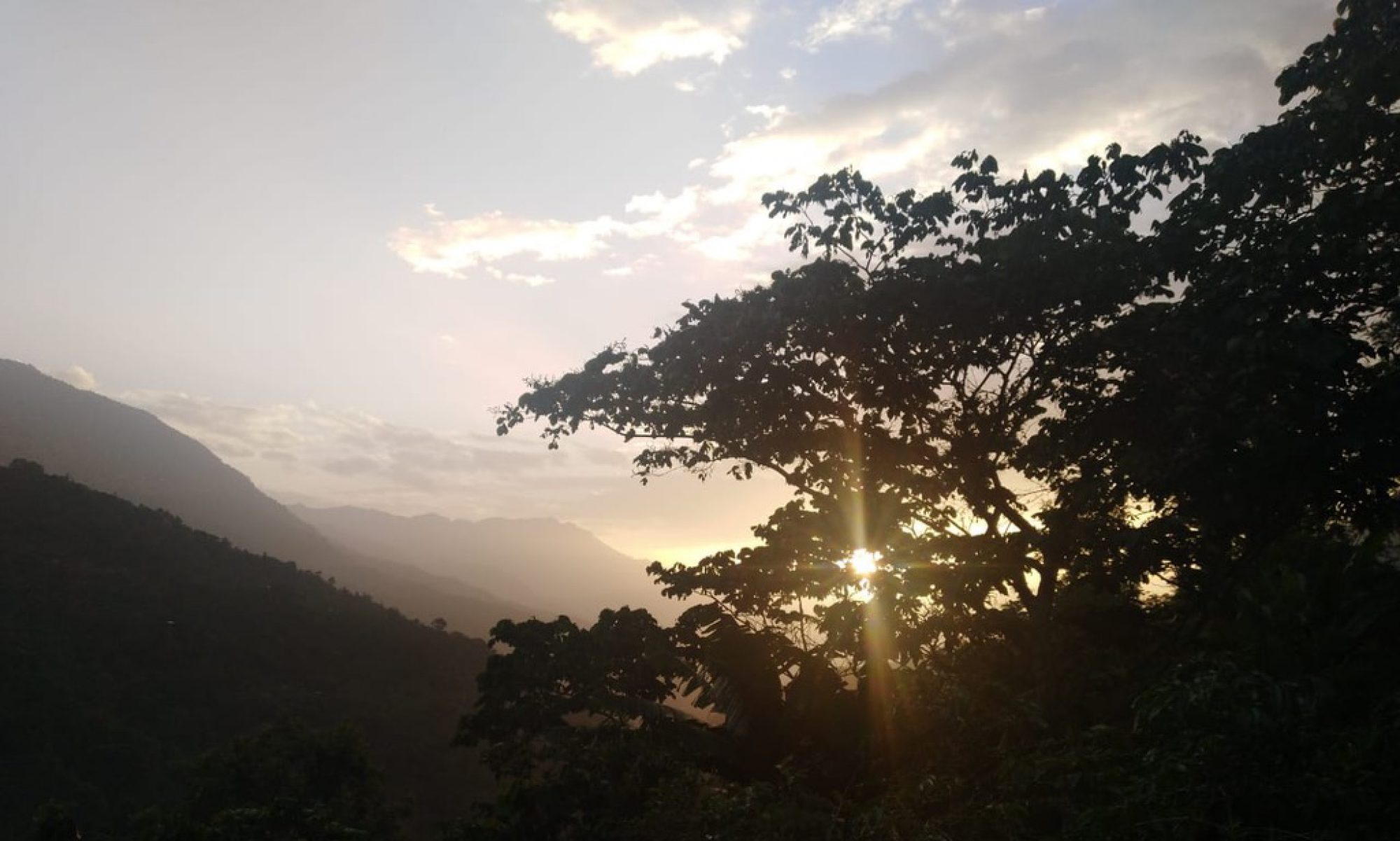Articles
Hochachka, G. M. Wise, and W. Regan (2025). ‘Sensemaking’ climate change: navigating policy, polarization and the culture wars. npj Clim. Action 4, 43 (2025). https://doi.org/10.1038/s44168-025-00240-7
O’Brien, K., & Hochachka, G. (2024). People as solutions to sustainability. Ambio, 53(10), 1559–1560. https://doi.org/10.1007/s13280-024-02070-z
Hochachka, G. (2024) “When concern is not enough: Overcoming the climate awareness-action gap.” Ambio https://doi.org/10.1007/s13280-024-01999-5 (open access: https://rdcu.be/dG8FC)
Hochachka, G., and Mérida, M., “Navigating the razor’s edge: Public acceptance of climate policies and the case of transport pricing.” Energy Policy 178, 113616 (2023.) https://www.sciencedirect.com/science/article/abs/pii/S030142152300201X?via%3Dihub
O’Brien, K., Carmona, R., Gram-Hanssen, I. Hochachka, G., Sygna, L., and Rosenburg, M. Fractal approaches to scaling transformations to sustainability. Ambio (2023). https://doi.org/10.1007/s13280-023-01873-w
Hochachka, G., Logan, K. G., Raymond, J., & Mérida, W. (2022). Climate action in urban mobility: personal and political transformations. Buildings and Cities, 3(1), 1019–1041. DOI: http://doi.org/10.5334/bc.249
Hochachka, G. (2023). Climate change and the transformative potential of value chains. Ecological Economics. Vol. 206. 107747 https://doi.org/10.1016/j.ecolecon.2023.107747
Hochachka, G., and Mérida, M., “Navigating the razor’s edge: Public acceptance of climate policies and the case of transport pricing.” Energy Policy 178, 113616 (2023.) https://www.sciencedirect.com/science/article/abs/pii/S030142152300201X?via%3Dihub
Hochachka, G., Logan, K. G., Raymond, J., & Mérida, W. (2022). Climate action in urban mobility: personal and political transformations. Buildings and Cities, 3(1), 1019–1041. DOI: http://doi.org/10.5334/bc.249 Special Collection: Transformational Climate Actions by Cities
Hochachka, G. (2021). Finding shared meaning in the Anthropocene: engaging diverse perspectives on climate change. Sustainability Science. https://doi.org/10.1007/s11625-021-00965-4
Hochachka, G. (2021). Integrating the four faces of climate change adaptation: Towards transformative change in Guatemalan coffee communities. World Development, 140, 105361
Hochachka, G. 2019. On matryoshkas and meaning-making: Understanding the plasticity of climate change. Global Environmental Change, 57, 101917
Hochachka, G. (2020). Unearthing insights for climate change response in the midst of the COVID-19 pandemic. Global Sustainability, 3, e33, 1–10.
Books:
O’Brien, Hochachka, and Gram-Hanssen. 2019. “Creating a Culture for Transformation” in Climate and Culture: Multidisciplinary Perspectives on a Warming World. Edited by Giuseppe Feola , Hilary Geoghegan, and Alex Arnall. Cambridge University Press, 2019
https://doi.org/10.1017/9781108505284 Read more about the book here.

Hochachka, G. 2009. Developing Sustainability, Developing the Self. An Integral Approach to International and Community Development. Victoria, Canada: Trafford.

